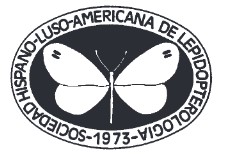
Electronic ISSN: 2340-4078
ISSN: 0300-5267
DOI: 10.57065/shilap
The most easily identifiable conflict of interest is financial relationships such as direct employment, payment for consultancy services, shareholdings in companies, fees, authorship of patents or payments for conferences. However, conflicts of interest may also arise from friendships, intellectual rivalries, academic competition or beliefs. When submitting an article for publication, all authors are responsible for declaring any financial or personal relationship with any public or private entity that could influence (intentionally or unintentionally) the results of their work. Similarly, authors must declare any non-financial relationship that could cause a conflict of interest in their manuscript (personal, academic, ideological, intellectual, political or religious).
Conflicts of interest, both financial and non-financial, must be disclosed at the time of submission of the article to the Editor. The idea is not to prevent authors with potential conflicts of interest from publishing; rather, it is to ensure that such conflicts can be clearly identified so that readers can judge whether the authors may be affected by any bias that could influence their work.
The authors declare that they have no known financial interests or personal relationships that could have influenced the work presented in this article. A note entitled “Conflict of interest” will be published at the end of the article, after the Acknowledgements and above the References.

Electronic ISSN: 2340-4078
ISSN: 0300-5267
DOI: 10.57065/shilap